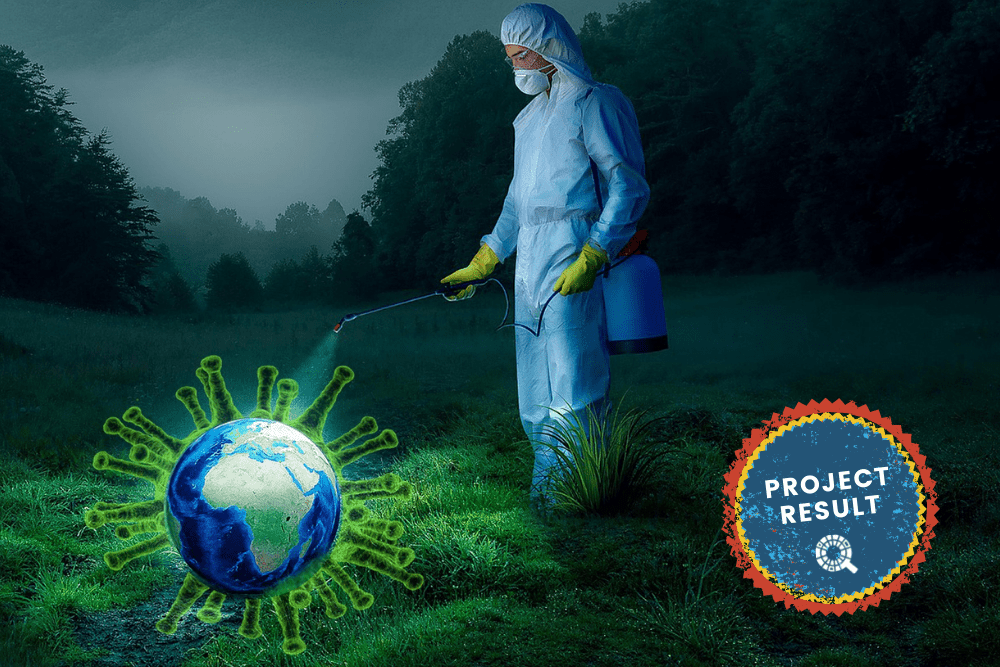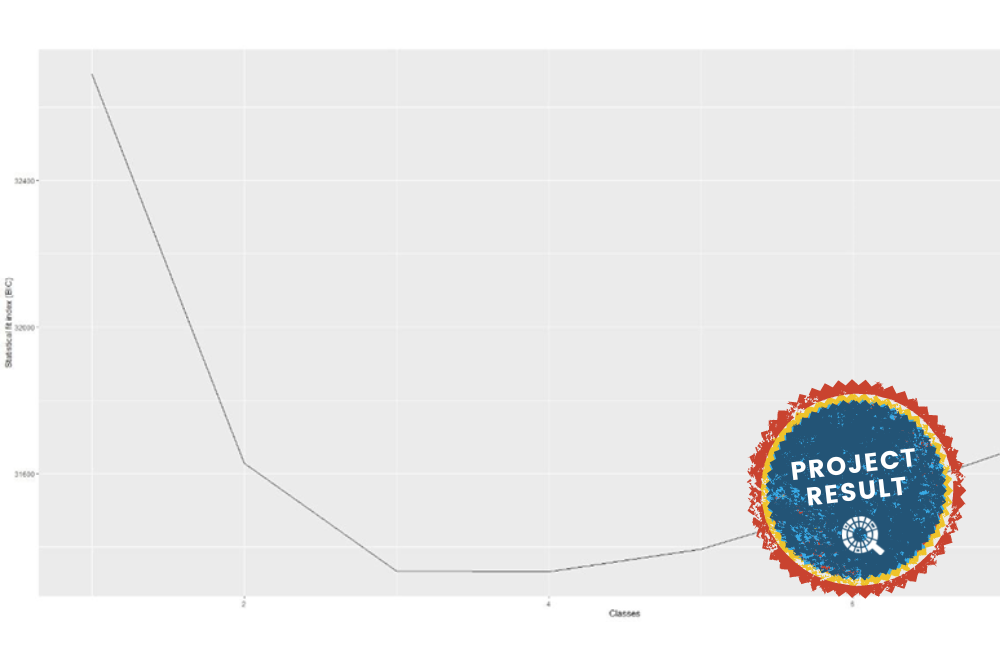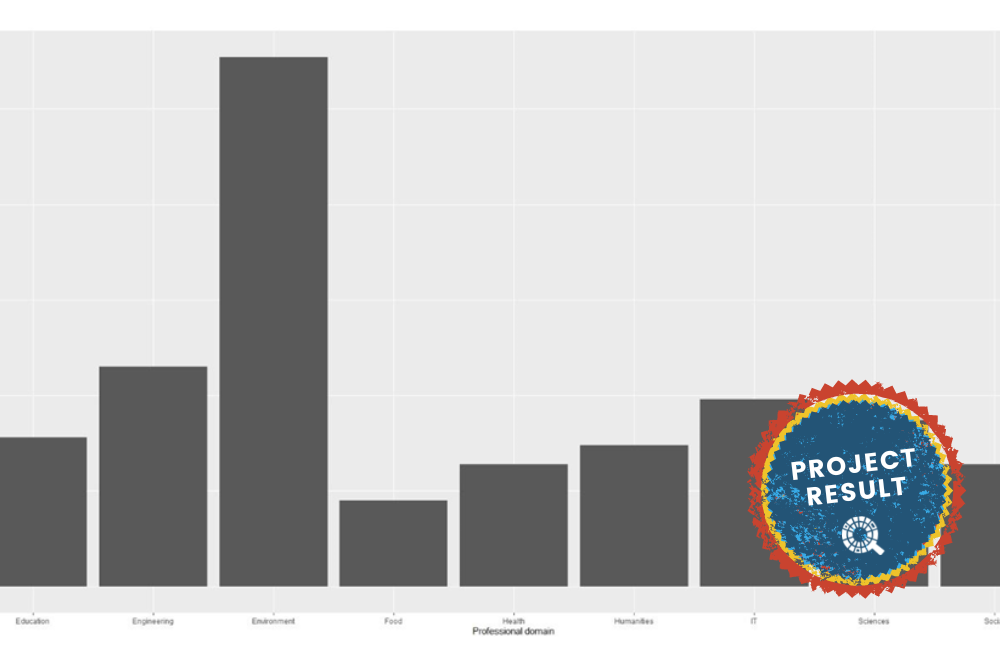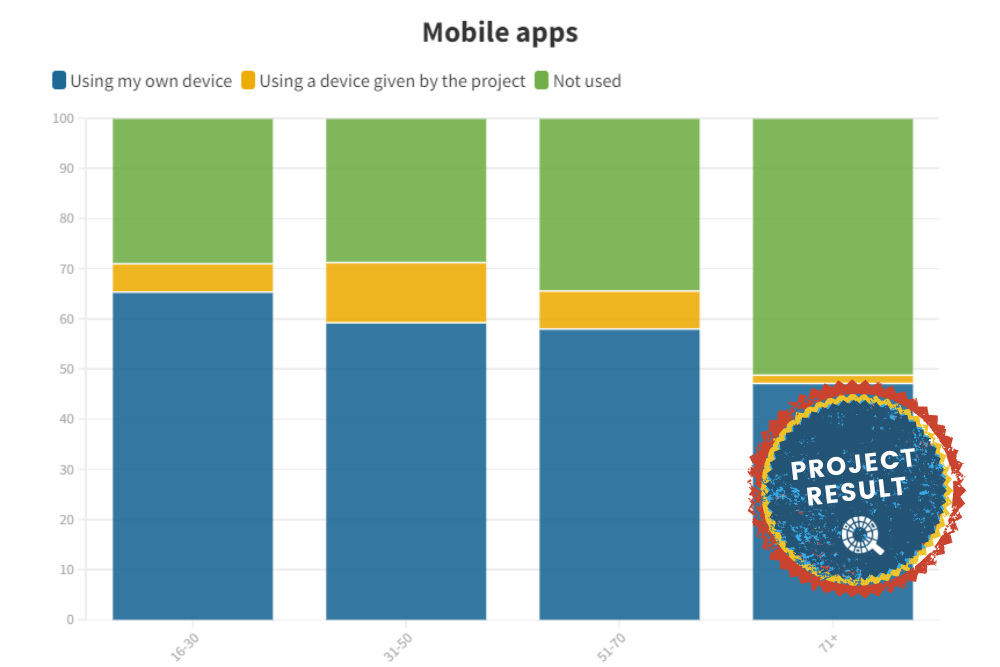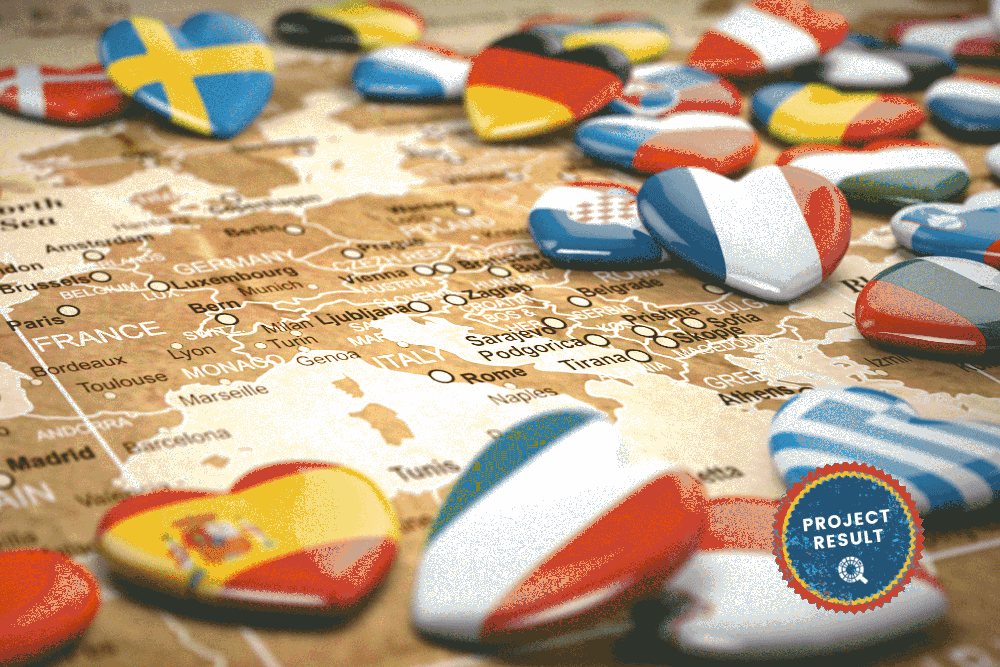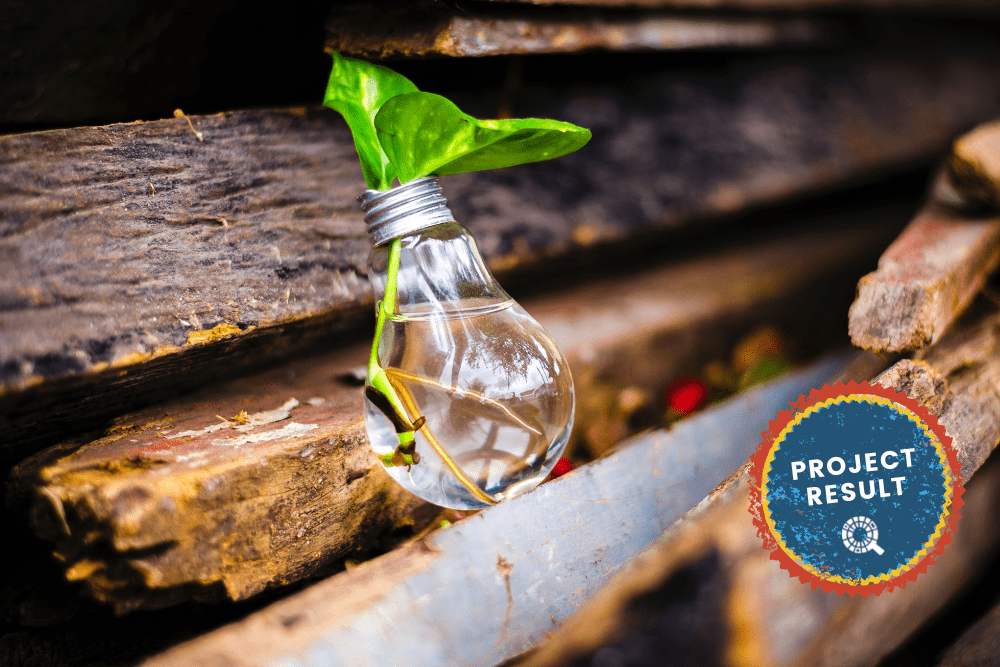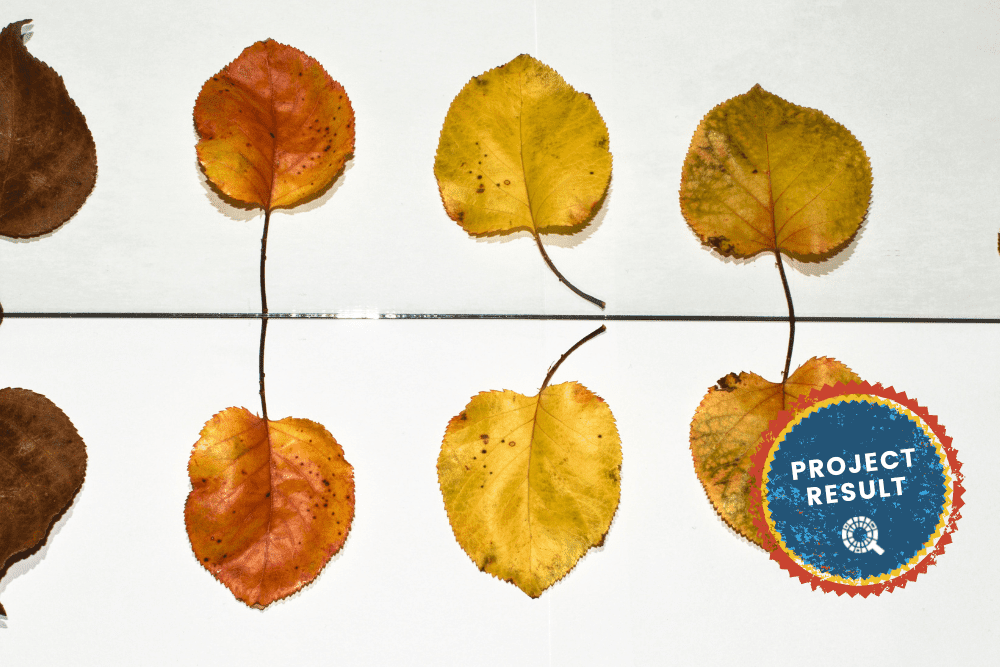Citizen science has grown dramatically over the past decade and is spreading beyond its traditional domains of ecological and environmental sciences (Wiggins and Wilbanks, 2019). Particularly in the medical and health fields, citizen science has much to offer as a way to collect data, track disease spread, predict outbreak locations, guide population measures and help in the allocation of healthcare resources to complement official statistics (Segal et al., 2020). In addition, it has the potential to increase health literacy, empower communities, create new attitudes and values (Den Broeder et al., 2016).
In order to investigate the response of citizen science to the COVID-19 pandemic, we identified and analysed characteristics of 25 projects. Projects were identified by searching the CS Track project database, and exploring COVID-19 dedicated projects lists produced by citizen science associations and research institutes globally (e.g. https://www.citizenscience.org/covid-19; https://www.wilsoncenter.org/blog-post/citizen-science-and-covid-19-power-distanced-crowd).
Main objectives and research fields of COVID-19 citizen science projects
The most common aim among COVID-19 related citizen science projects was tracking the spread of the pandemic in the population (40%) followed by investigating the influence of COVID-19 on people’s wellbeing (24%) and investigating the COVID-19 virus biology (16%).
The projects were diverse in scope and covered aspects of engineering, social sciences, natural sciences and medical sciences. However, there was a clear focus on projects originating within health sciences, in particular public and environmental health. In seven cases, the projects were truly interdisciplinary, bringing together scientists from different fields. More than half of the projects were coordinated by academics (56%), followed by public bodies, typically a national health agency or hospital (12%) and non-governmental organisations (12%). Two projects were initiated by private companies.
Design of citizen science, tasks and engagement
In terms of the activities engaged with, citizen scientists were mostly involved in data collection in the form of responding to an online survey (60%) or self-tracking data from a wearable watch or Bluetooth (12%). A few projects (12%) consisted in distributed computing, where the citizen donates unused computing power.
Over three quarters of projects are using a contributory citizen science model (76%). One project was collaborative, providing citizen scientists with the opportunity to contribute to the project design, and three projects were co-created, whereby citizen scientists worked together with scientists and were involved in several aspects of the research process.
Almost all projects were widely accessible, targeting a broad audience and requiring no special skills. Most projects required at least a moderate degree of effort from participants, asking a few types of questions, and many required frequent contributions at regular intervals (daily, 24%; weekly, 20%), whereas another 44% of projects allowed for opportunistic data collection.
Data graph.
Summary and conclusions
This study provides insight as to the role citizen science projects have had in conducting COVID-19 research. While the long term contributions are not yet evident, this study showcases the response of the citizen science community to emerging challenges. Characteristics of projects which were involved in such research can be summarised by the following:
- Projects mainly aimed to investigate the spread and impact of COVID-19 in the community
- Most projects were crowd-sourced surveys, with few complex tasks
- The effort required by participants was non-negligible, with repeated inputs at frequent intervals often requested, although each input was expected to take little time.
To better understand the experiences of designing and/or diverting citizen science projects to COVID-19 research, interviews with project leaders are being conducted. This is expected to provide more in-depth information about project design, characteristics, motivations and successes.
References
- Den Broeder L, Devilee J, Van Oers H, Schuit AJ, Wagemakers A. 2016. Citizen Science for public health. Health Promot Int. 33(3), 505-14. APA 7th edition model
- Segal, E., Zhang, F., Lin, X., King, G., Shalem, O., Shilo, S., Allen, W.E., Alquaddoomi, F., Altae-Tran, H., Anders, S. and Balicer, R., 2020. Building an international consortium for tracking coronavirus health status. Nature medicine, 26(8), pp.1161-1165.
- Wiggins A, Wilbanks J. 2019. The Rise of Citizen Science in Health and Biomedical Research. Am J Bioeth. 19(8), 3-14. PubMed https://doi.org/10.1080/15265161.2019.1619859
